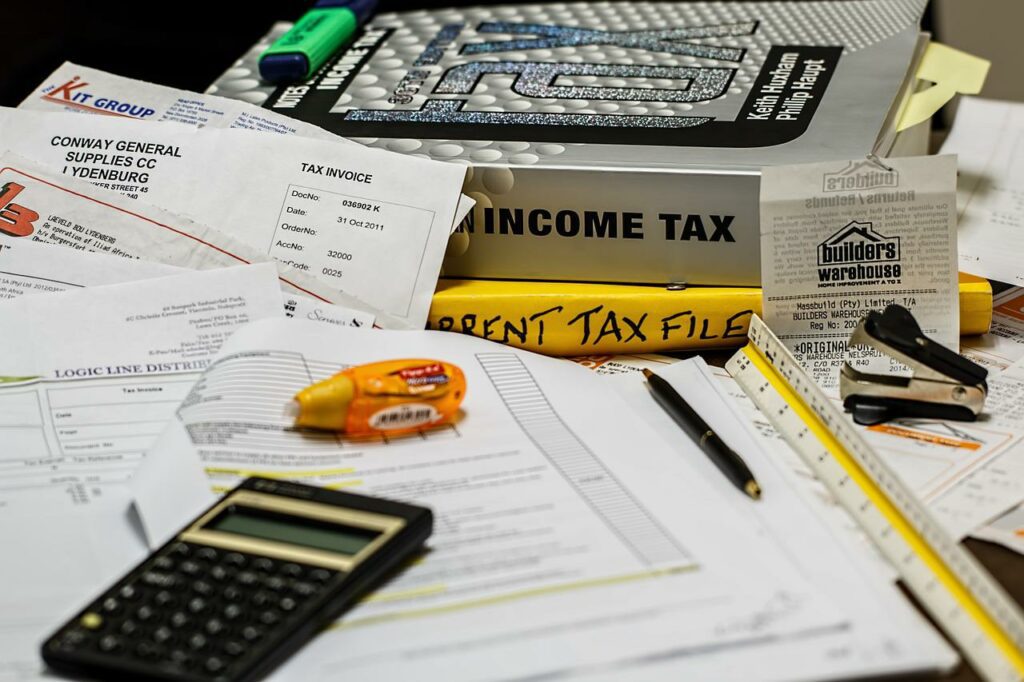The definition of complex accounting changes from one person to the next. Most consider it to be anything outside the realms of basic accounting. This consists of arriving at a profit after deducting all your business expenses from turnover.
It allows you to produce a figure from which to derive tax. Complex accounting comes into play when you have to account for things like leases, cross company accounting (group relief etc.) international accounting, loan relationships, etc.
You might feel comfortable accounting for some of these yourself…for others you could need help. Let’s take a look.
Post Contents
New Lease Accounting Standards
If you account for your own lease relationships it’s important to realize that lease accounting has changed. This happens when new accounting standards are released. ASC 842 is the new lease accounting standard for US GAAP.
It’s already effective for public companies and all private companies reporting under GAAP are required to comply with the standard by year end 2022. The key point to take from this is that you need to keep up to date with lease accounting standards changing.
In short, the update to ASC 842 was mainly to pull companies into line in regards to off balance sheet transactions. It aims to increase transparency. The guidance also requires companies/organizations to disclose lease arrangements to investors. If you have investors, this might be important to you.
Accounting For Depreciation
Depreciation in its most simple form is to account for an asset’s loss in value over time. It can get pretty complicated. Think about your car. The more you use it, as years go by, the less value it holds.
However, there are a multitude of regulations governing depreciation. If you’re leasing the assets, it adds another layer of complexity. There are a few different methods of depreciation that you can use. Under US GAAP (generally accepted accounting practice), there are four methods:
- Straight-line method of depreciation
- Double-declining balance method
- Sum-of-the-years’-digits depreciation method
- Units of production depreciation method
Accountants might differ on what they think is the most effective. However, most find the straight line method of depreciation calculation easier to work with. It’s become more standard in a lot of places however it does depend on what assets are depreciating and the length of time you’re calculating it over.

Multiple Company Accounting
You might own multiple companies. Some might be in the same industry, or you might have companies undergoing separate trades. If they end up having loan relationships with each other the accounting can get complex. It’s also been used as a method of tax evasion.
For example, you own two companies, company A makes a loan to company B but the interest is charged at an artificially high rate. The interest is going in one pocket and out of the other but it acts as a deduction. If you’ve got company B in a low tax jurisdiction then this is clearly avoiding tax.
That’s just something to think about when you’re accounting for multiple owned companies, especially if they’re in different areas. You need to get the loan relationships, group relief etc right because multiple owned companies usually garner more attention from the relevant tax authorities.
Showcasing Liquidity
If you’re looking for investment then you’re going to need to look attractive in your company accounts. It’s one of the reasons the above ASC 842 guidelines were brought in. You might want to showcase that you have some liquidity.
This means your business cash isn’t tied up completely and you have access to cash where needed. A popular method of ensuring liquidity is a sale-leaseback transaction. It occurs when you sell an asset for cash but lease it back from the same (or new) owner.
If you operate a car showroom, this can be useful because the majority of your cash will be in the purchased cars.. Or, if you operate a lot of heavy expensive machinery then selling it and leasing it back short term can improve liquidity too.
Take Help Where Needed
You’ve probably seen that a lot of business accounting can get quite complicated. If you’re running your own business it can be hard to give complex accounting the time it deserves while also being present and available to your clients and customers.
You can of course find help in accounting software, such as lease accounting software, or by consulting with an actual accountant. It might be that you need to actually hire one. Or, you might just need ad hoc advice every now and then. Take help where needed and don’t make unnecessary mistakes.






























